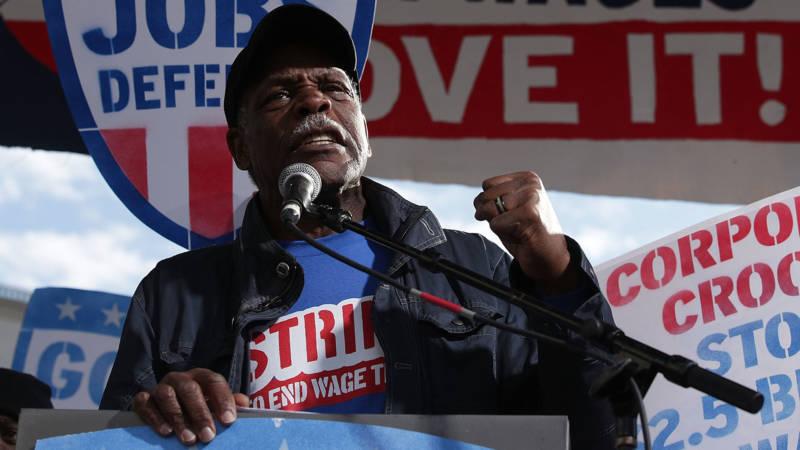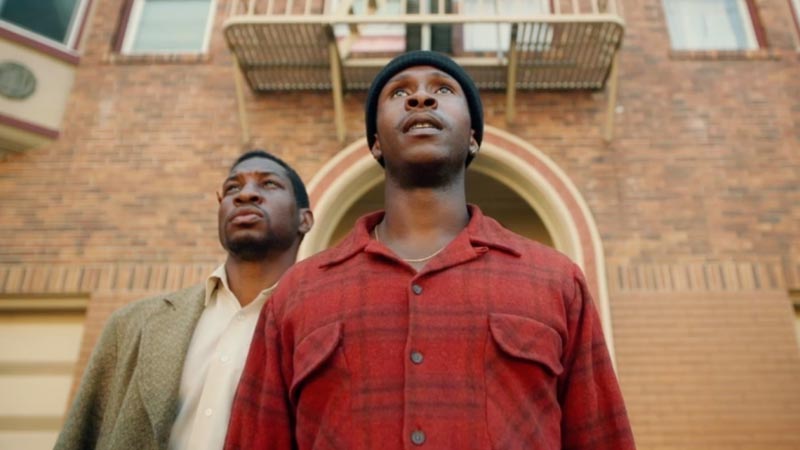Former Democratic Rep. John Conyers of Michigan, the longtime sponsor of House Resolution 40, first proposed the measure calling for a study of reparations in 1989. Conyers reintroduced the bill every session until his resignation in 2017.
Texas Democratic Rep. Sheila Jackson Lee, the resolution’s new sponsor, introduced it earlier this year and pushed for next week’s hearing. House Speaker Nancy Pelosi said in February that she supports a reparations study, a topic that hasn’t been the subject of a House hearing since 2007.
Reparations had been a fringe issue and occasional punchline until Coates’ 2014 essay in The Atlantic, “The Case for Reparations,” thrust the topic back into the national discourse. Danny Glover, who hails from San Francisco, has never swayed from activism. Fans may have seen him starring most recently in The Last Black Man in San Francisco as Grandpa Allen in Jimmy Fails and Joe Talbott’s cinematic portrait of a young black man on his search for home in his rapidly-gentrifying home city of San Francisco. Off-screen, Glover has served as a Goodwill Ambassador for the United Nations Development Program and spoken at rallies for economic justice and global human rights. He is also a UNICEF ambassador.
In an interview with Coates as he prepared to leave office, President Barack Obama questioned the implementation of reparations but not the concept. And in a conversation, Coates had earlier this year with Rep. Alexandria Ocasio-Cortez, D-N.Y., the popular progressive endorsed reparations.
The reparations debate became part of the 2020 presidential race early, as several Democratic presidential primary candidates signaled their support for compensating the descendants of slaves, though not in the traditional sense of direct payouts to black Americans. Most have been vague on more specific ideas, but they have instead offered policies addressing economic inequality that could disproportionately benefit black people.



